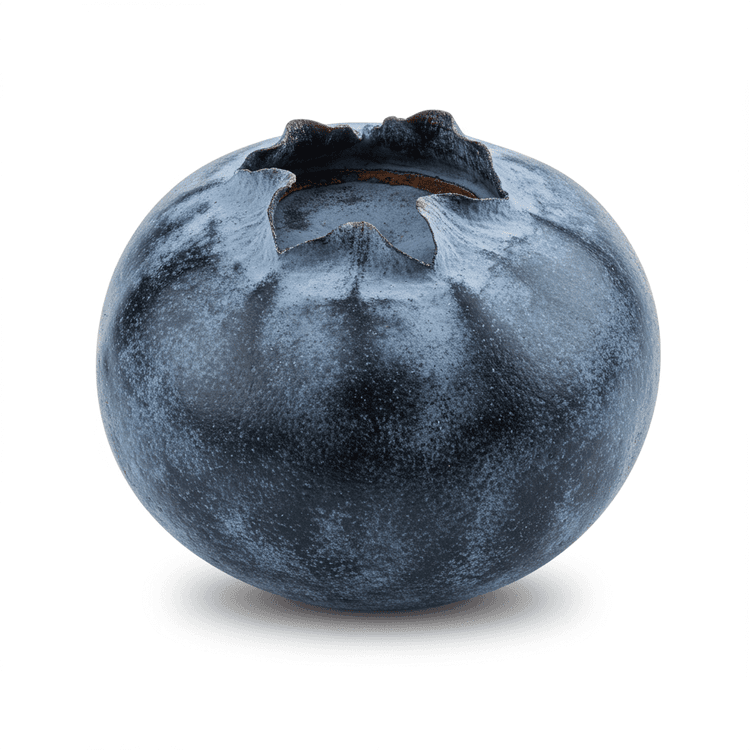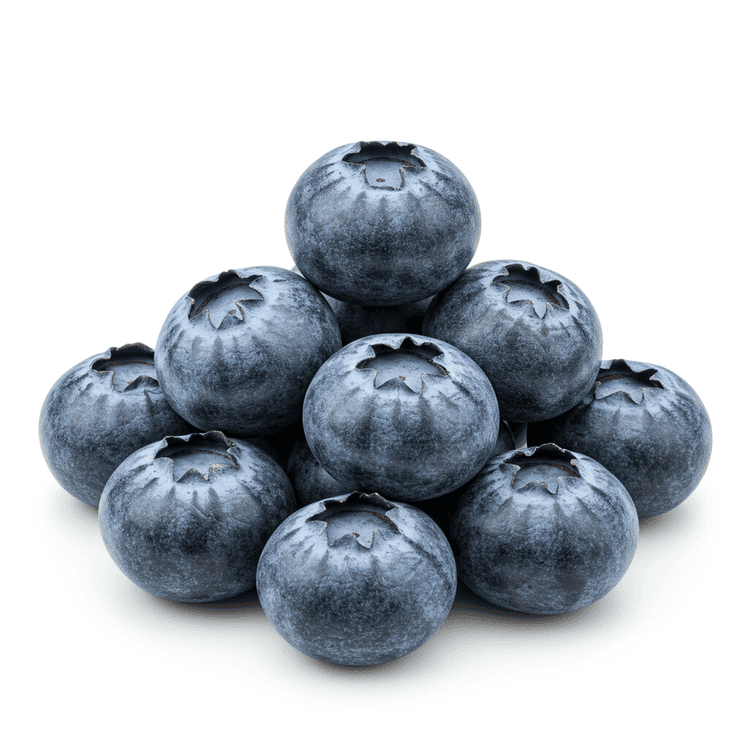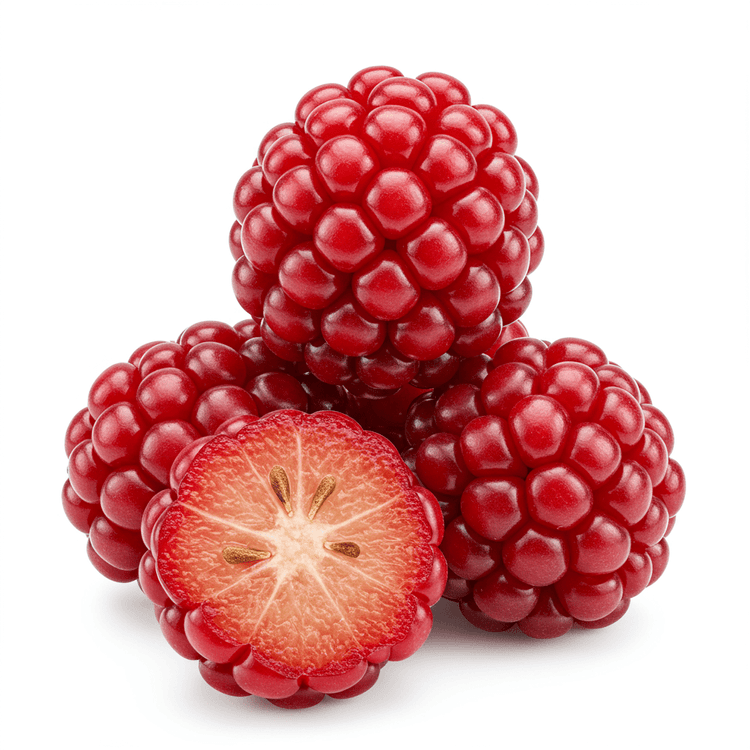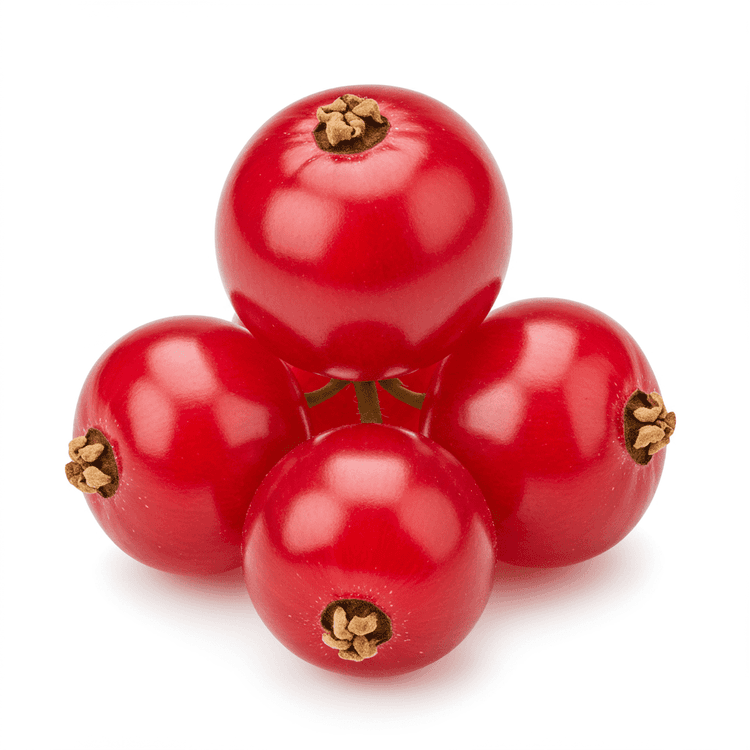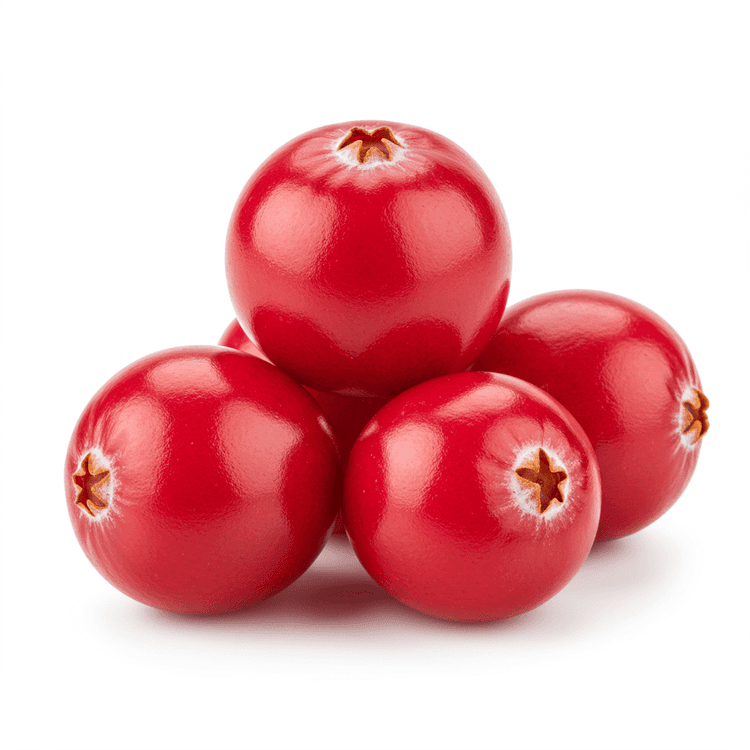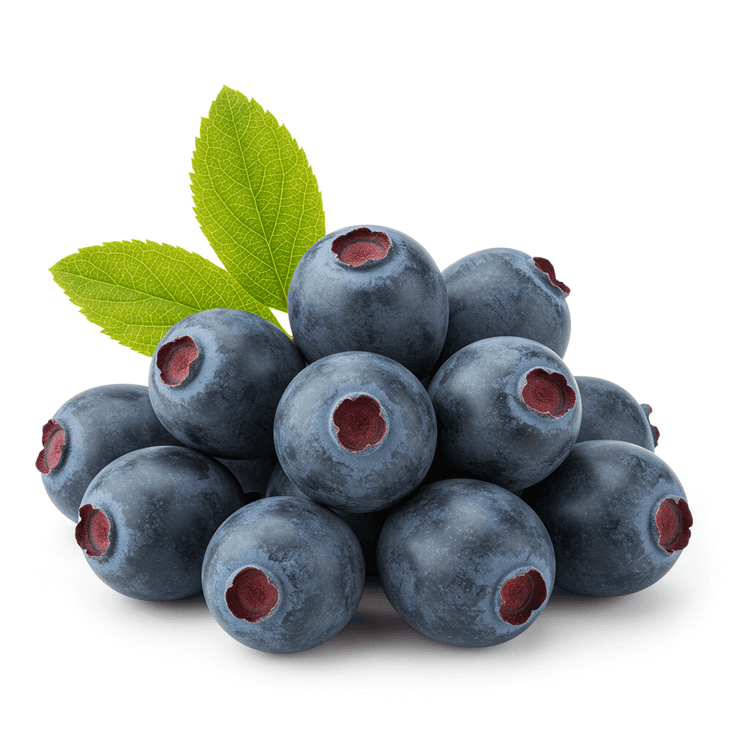
Huckleberry
Huckleberries are small, round berries, typically deep blue or purple, though some varieties can be red. These delightful berries offer a flavor that's often described as a mix of tartness and sweetness, with a slightly more intense and complex taste than blueberries. Their texture is juicy and tender. Often found in mountainous regions, fresh huckleberries are a prized ingredient for baking and preserving due to their unique flavor. If you're looking for a wild berry with a distinctive sweet-tart taste, huckleberries are a great choice.
Common Uses
- Perfect for pies and tarts: Huckleberries make a fantastic filling for pies, tarts, and crumbles, lending a vibrant color and deliciously tangy-sweet flavor to your baked goods.
- Excellent for jams and preserves: Transform fresh huckleberries into homemade jam or preserves to capture their unique taste and enjoy it year-round on toast, scones, or as a glaze for meats.
- Delicious in pancakes and muffins: Add huckleberries to your pancake or muffin batter for a burst of juicy flavor and a touch of natural sweetness. The heat of baking or cooking enhances their taste.
- Great for making huckleberry sauces: Create a flavorful huckleberry sauce to serve over pancakes, waffles, ice cream, or even savory dishes like roasted chicken or pork. This adds a fruity sweetness.
- Used for making huckleberry ice cream: Add fresh huckleberries to your ice cream base for a wonderful frozen treat that's packed with real fruit flavor and vibrant color.
- Can be used in cocktails and beverages: Muddle or juice huckleberries to add a unique flavor and color to cocktails, lemonades, and other refreshing beverages.
Nutrition (per serving)
Nutrition (per serving)
Calories
57.0kcal (2.85%)
Protein
0.7g (1.48%)
Carbs
14.5g (5.27%)
Sugars
9.9g (19.84%)
Healthy Fat
0.3g
Unhealthy Fat
0.0g
% Daily Value based on a 2000 calorie diet
Nutrition (per serving)
Calories
57.0kcal (2.85%)
Protein
0.7g (1.48%)
Carbs
14.5g (5.27%)
Sugars
9.9g (19.84%)
Healthy Fat
0.3g
Unhealthy Fat
0.0g
% Daily Value based on a 2000 calorie diet
Health Benefits
- Rich in antioxidants to combat free radicals and protect against cell damage.
- May improve heart health by reducing blood pressure and cholesterol levels.
- Supports brain function and memory due to its high antioxidant content.
- Helps regulate blood sugar levels and may improve insulin sensitivity.
- Contributes to healthy digestion with its fiber content.
- Provides essential vitamins and minerals, including vitamin C and potassium.
Chefadora AI is here.
Experience smarter, stress-free cooking.
Storage Tips
Huckleberries are best used fresh, but proper storage can extend their shelf life. Refrigerate fresh huckleberries in a shallow container, unwashed, for up to a week. For longer storage, freeze them in a single layer on a baking sheet before transferring to a freezer bag. Frozen huckleberries can last for several months and are perfect for smoothies, baking, or making jams.
